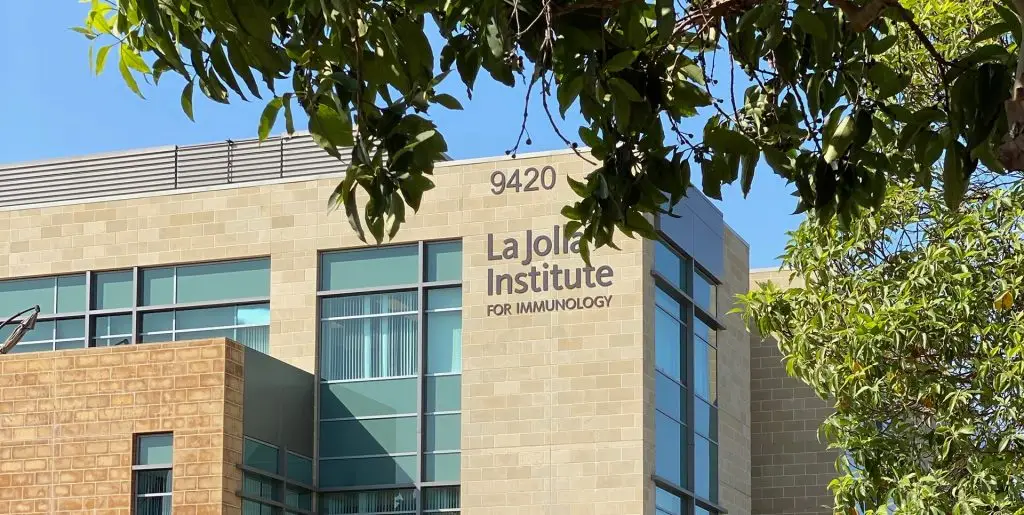My laboratory studies the strategies that viruses use to escape detection by our immune system. These strategies facilitate viral replication, and in some cases help them establish lifelong infections that we can never clear. We are intrigued by virus-employed tricks that target members of the tumor necrosis factor (TNF) family, as these proteins released by our immune cells are fundamentally important in fighting infection. We also have a particular interest in cytomegalovirus (CMV), which is a member of the herpesvirus family similar to ‘mono’ (Epstein-Barr) and the chicken pox/shingles (Varicella Zoster) viruses. CMV encodes one of the largest known viral genomes (~230,000 base pairs), and more than half of it is dedicated to throwing up smoke screens that fool our immune systems, including many that block the TNFs. We believe that studying the unique CMV strategies that allow it to evade detection by our immune system facilitates fundamental new discoveries about our health. In addition, our lab is focused on finding new ways to combat the diseases that CMV can cause in certain settings. CMV is the No. 1 infectious cause of birth defects in the U.S. today, causing severe disease if immunity is naïve or compromised (e.g. infection of babies in the womb and transplant patients), and we are developing new vaccine strategies to combat this. If you have a healthy immune system, CMV infection is largely benign. However, like the chicken pox that can reemerge 50 years later to cause shingles, CMV ‘hides’ in your body for life and can pop-out again when your immune system is weakened or older. Consequently, CMV is a likely contributor to auto-inflammatory disorders such as vascular disease and immune senescence, and may even contribute to some cancers. One of our recent discoveries could aid efforts in the development of a CMV vaccine.
Benedict Lab
Christopher Benedict, Ph.D.
Associate Professor
“
Featured Publications
- J Virol
- J Immunol
- J Exp Med
Lab Members

Christopher Benedict

Eduardo Lucero Meza, Masters

Remi Marrocco, Ph.D.
Meghan Nguyen
Kaia Robinson

Kwangsun Yoo, Masters
Research Projects
We have recently discovered a novel connection between the TNF-related apoptosis inducing ligand (TRAIL) cytokine system and CMV. TRAIL is a TNF-family cytokine that can bind to several receptors (TRAIL [...]
HCMV-specific CD8 T cells protect bone marrow transplant patients when used in cellular immunotherapy, and their long-term maintenance is enhanced by CD4 T cells. Importantly, a robust HCMV-specific CD4 T [...]
Virulent isolates of CMV encode the ul144 orf, and we identified UL144 as an orthologue of the herpesvirus entry mediator (HVEM), a member of the TNF receptor superfamily. When the [...]
From the Lab
- Institute News
- Research News
Awards & Honors
Contact Lab Members
Use the dropdown menu on the right to contact individual lab members.
For interview requests, please contact LJI’s Chief Communications Officer by calling 858.752.6640 or via email at communications@lji.org.
Please send general inquiries to contact@lji.org.



